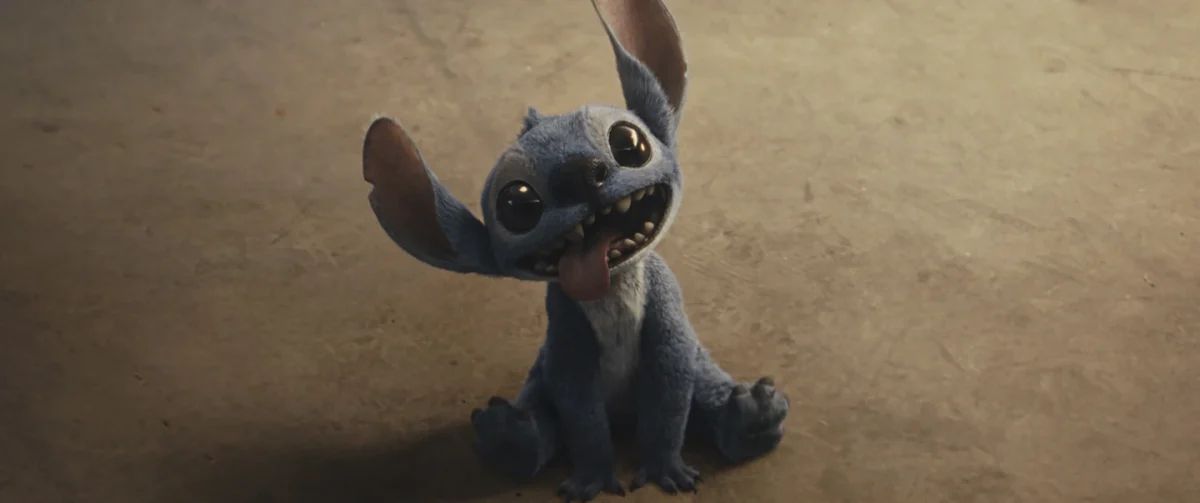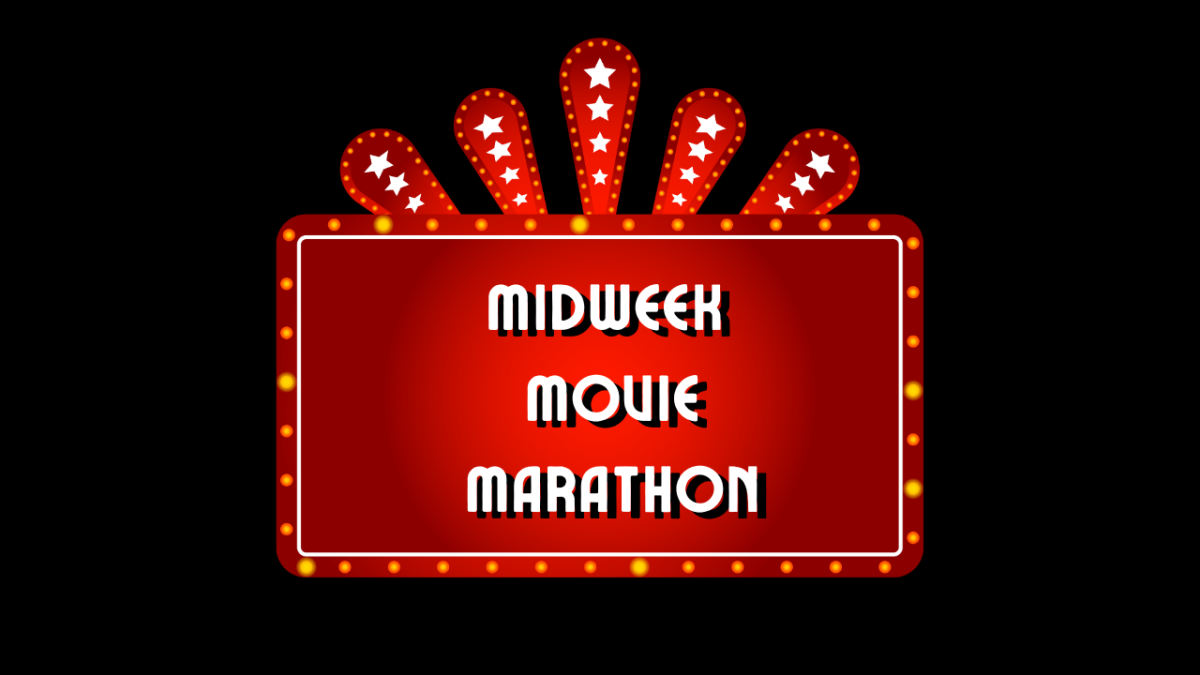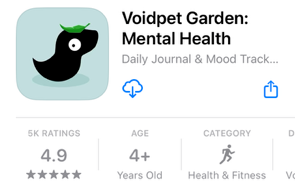The Unthrilling Spy Thriller

What could have been a masterful pairing turned into a botched mission with “Argylle,” the book and film.
“Argylle,” a debut spy thriller written by Elly Conway, was published Jan. 9, 2024 with the promise of a major motion picture following it in less than a month.
The film, directed by Matthew Vaughn, isn’t exactly a traditional adaptation of the book. Instead of following Conway’s character of Argylle, the film focuses on Conway’s interactions with her work.
The book had its own mystery surrounding its publication timing and author. Elly Conway is unmistakably a pen name, and has people speculating that the book is written by big name celebrities such as Taylor Swift and J.K. Rowling. In actuality, the real Elly Conway is two authors: Terry Hayes and Tammy Cohen.
I was looking forward to discovering the relationship between the book and the film. The two, however, were wholly disappointing.
To prepare for this article, I read the book first as I always do…
Aubrey Argylle, the orphaned son of drug-dealing parents, is recuriuted into the CIA — and he doesn’t know why.
Argylle and his team are tasked to find the Amber Room — a priceless artifact stolen by the Nazis during WWII. It’s a race against time and an influential Russian politician, Vaisly Federov, who wants to use it to buy the good graces of the Russian population.
From the start, Argylle’s character promises a tragic backstory. Though, as the plot chugs along — and it does chug, dragging its dead plot points — that sentiment is lost to the ether. As he enters the CIA, Argylle’s weighted past slips away.
This missed opportunity could have dictated gasp-worthy plot twists — such as his parent’s dangerous contacts finally catching up to him, or having Argylle struggle with a mental blockade. Instead, he remains predictable and mysterious to a fault.
Sticking with this theme, there was only one exciting scene in this book. This was in the exposition, when Argylle caught the attention of the CIA by alerting them of their captured agents — catching their eye as a possible recruit.
Even then, it felt like I was only witnessing the action and not partaking in it.
The rest of the action scenes lacked a dramatic, hair-raising effect that one would usually expect from a spy thriller. Car chases, stand offs and explosives are described in an offhand manner, achieving a dull tone that didn’t match the promised excitement.
“Argylle” didn’t deliver on even the most basic promises — if you’re looking for a book worth your time, this isn’t it. I finished my book in the theater — feeling confused — just as the movie was starting.
As I set the book down, I hoped the film would hold more of an experience…
Author of “Argylle,” Elly Conway (Bryce Dallas Howard) has been kidnapped into the world of espionage she writes about.
Her kidnapper is none other than Aiden Wilde (Sam Rockwell), a rogue agent from the CIA tasked with recruiting her. Their mission: bring down Management, except the evil inside Management is never explained and Conway just goes along. To do this, Conway and Wilde need to find a master file containing information on every agent in the CIA.
Traversing the world and occasionally dodging bad guys, the team makes its way to France where the former head of the CIA, Alfie (Samuel L. Jackson), reveals that Conway is Argylle in real life.
When a mission went wrong, Conway lost the memories of her former life as agent R. Kyle — or Rachel Kyle. Conway gradually returns to herself as Rachel, ultimately using her rediscovered skills to deceive and take down Management.
To put it simply, this movie was confusing.
From the mental switch from Conway to Rachel to the unclear purpose of the master file — barely anything was emphasized enough to come through as concrete.
I excused this up to a point — up until the unsuspenseful revelation where Conway finds out that she is technically Argylle. The producers spent time building up the dynamic of the film only to fall short during the big reveal.
Initially, Aryglle is portrayed to be a hallucination, or a sense of self, creating an unreachable air. However, this is thrown to the wind when, in the last frame, he appears in the flesh. The plot goes back on itself and it cancels out any meaning.
“Argylle” then lost all of my respect with its predictable twists. The timing of the reappearance of Elly’s memories, an insignificant character’s rescue and the instant romance between Elly and Aiden — whatever the plot had in store for the characters, it was always resolved with a convenient fix not two seconds later.
The one that irked me the most was the use of the vascular corridor cop-out. The vascular corridor is a two inch space near your heart big enough for a bullet to pass through, allowing a person to narrowly survive a shot to the heart.
This was used to avert death twice.
You know something is wrong with your writing when you have to reuse the same plot twist.
I had high expectations for this combination — hoping it would explore an author’s mind and imagination; maybe even let us in on the brainstorming process. It did not. I would go as far as to say that it ridiculed the relationship between author and character.
I couldn’t excuse the sloppiness in the way this film and book was handled. There were too many loose ends, inconsistencies and convenient resolutions for me to put the plot together in a coherent thought. You would think that out of two products, at least one would achieve the bare minimum.
As a Swiftie, I sincerely hope Taylor Swift isn’t the mysterious “Elly Conway” behind “Argylle.” I don’t think I could accept that she wrote something so amateur.
Your donation will support the student journalists of Loudoun Valley High School. Your contribution will allow us to purchase equipment and cover our annual website hosting and publishing costs.








